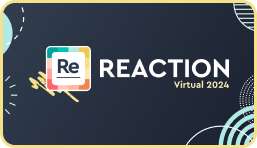Jenny Gordon:
How do we make sure that we are giving our students, our 18 year old students who are just starting in higher education, our 20 year old students, how do we make sure that we are educating them on technology generally as well as AI as best we can for something that we don’t actually know what it looks like yet for when they qualify in two or three years time?
Bert Verhoeven:
I think the only solution is if that we start educating students how to learn. So that will become the core of every course. It doesn’t matter what course you’re doing out there, you need to understand how you learn and how you learn with AI as a copilot. And that will be the most important thing we can teach our 18 year olds at this moment, because then we can use assessment not of learning, but assessments for learning. Because then learning will become the core process and not some knowledge transfer about archeology or about business or marketing. It’s not that anymore. It doesn’t matter, because all the knowledge, AI knows all that. The knowledge is less important in that whole process. It will all become important to learn how to learn, to have the right mindset, the growth mindset for example, to learn about empathy.
So you’re going to be user driven, you understand what the user wants for example, and you learn about AI tools of course, and how to use them. And you learn about how to apply that in reality. So how do you then apply what you have learned into the real world? And that’s where authentic assessment comes in, where authentic assessment really at bare bone is real world assessment and applying it into the world and making mistakes doing that. And you learn again by learning, you learn while doing, and it is assessment for learning instead of testing you how well you know what to do.



